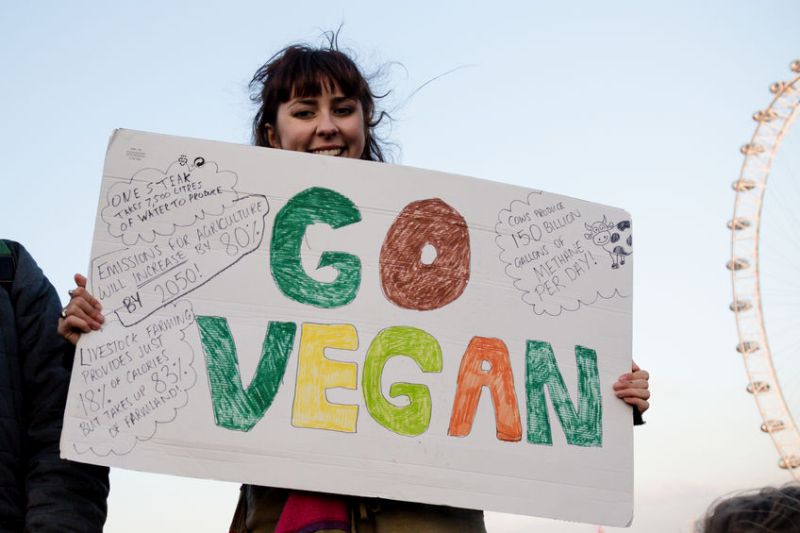
A Scottish farmer has highlighted how her industry is increasingly 'under attack' by a 'small minority of the population with a loud voice'.
This is according to Aberdeenshire farmer Gwen Chalmers, who spoke to the BBC on the subject of Veganuary.
Throughout January, the vegan campaign advocates a plant-based diet, free of meat, dairy and other animal products, for the public to commit to.
Despite figures showing that 95% of people still buy meat, for Gwen, who keeps a small herd of pedigree shorthorn cattle in New Deer, this time of year means she increasingly feels the need to defend her way of life.
“We do feel under attack. It's a small minority of the population, but they've got a loud voice,” she told the broadcaster.
“Everyone is entitled to their own opinion, and I am not against vegetarians, but I believe in a balanced diet, we need meat in our diet, we need vegetables, we need cereals, and it all works in a cycle together.”
She said farmers should combat the pro-vegan argument by showing the public what British farming is all about.
“We have to get out there and put our message across and show people what we're doing,” Gwen said.
According to a recent survey, nine out of ten British people feel it is more important than ever for farmers to open their gates to the public.
The annual Open Farm Sunday, a one day industry initiative which seeks to educate members of the public with all things farming, is one way for farmers to do that.
Another reason for the growth in Veganuary is a growing sense of environmentalism.
Farming in England and Wales already has an aim to reach net zero greenhouse gas emissions by 2040 as a contribution to a new target of 2050 for the whole of the UK.
For Scotland, farmers there could be at the forefront of climate-friendly agriculture as a recent report suggested that the industry could slash emissions by 38% by 2045.
Gwen told the BBC that farmers want to produce food in a sustainable manner, but other industries should also commit to becoming greener.
“We are doing our best to help climate change. We recycle everything that we can.
“Farmers are needed to produce food and we want to do that in a sustainable manner,” she said.
